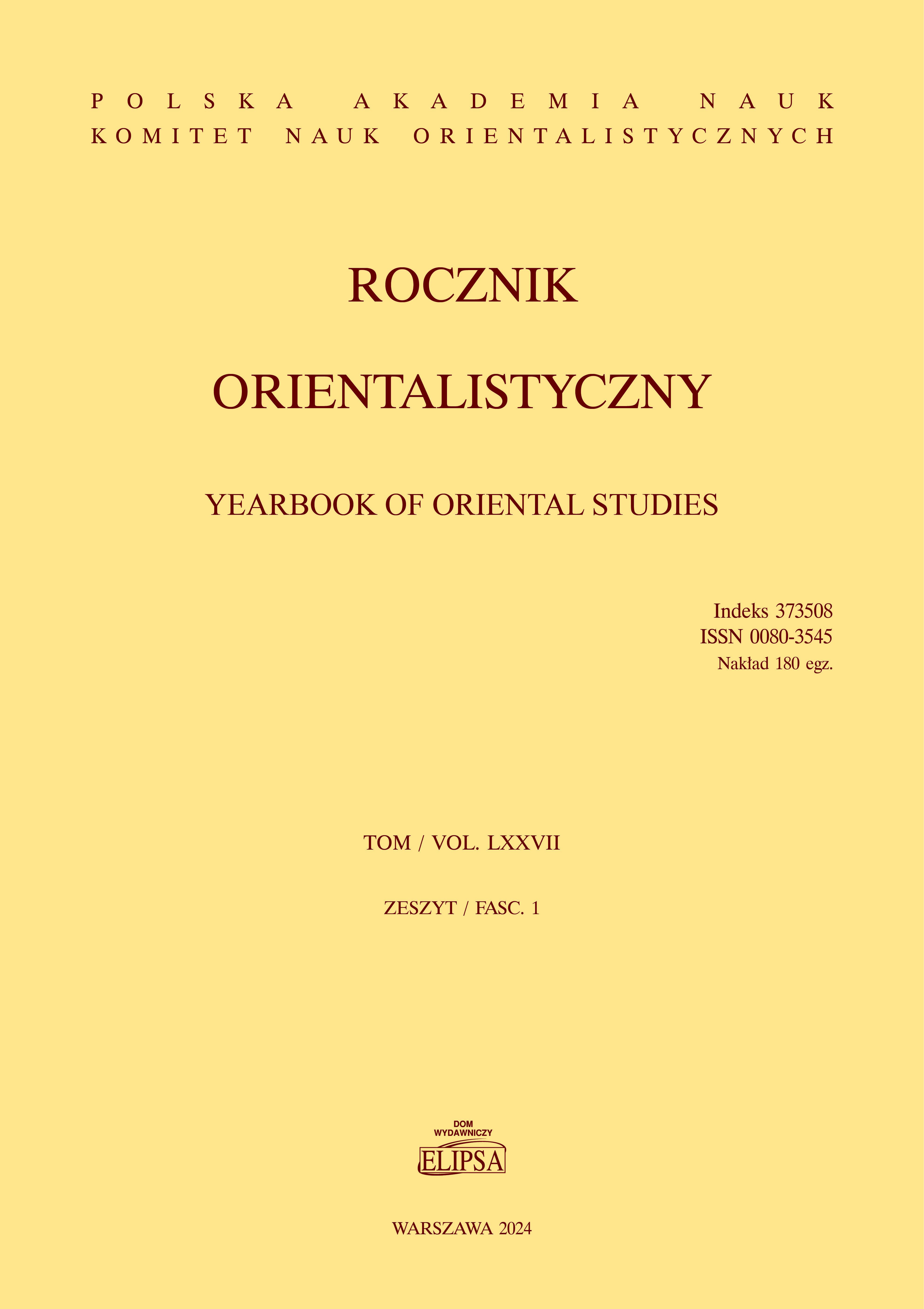The identity of paradoxes in contemporary
Korean theater: ideals versus realities
The identity of paradoxes in contemporary
Korean theater: ideals versus realities
Author(s): Ewa RynarzewskaSubject(s): Language and Literature Studies, Fine Arts / Performing Arts
Published by: Komitet Nauk Orientalistycznych Polskiej Akademii Nauk
Keywords: Korean theater; sociology of theater; Cho Myŏng-hŭi; taejunggŭk; makkan; Im Sŏn-gyu
Summary/Abstract: The research subject of this article is modern Korean theater, which began to develop in the early 20th century. However, the process of its development took place under extremely difficult conditions and reflected the violent political, social and cultural processes that were taking place on the Korean peninsula. These had a huge impact on the development of Korean theater and the activities of theater companies. They also became a source of numerous paradoxes, which were in part the outcome of the specific nature of the theater itself, and in part due to the dramatic inability to reconcile creative ideals with the realities of occupied Korea (1910-1945). The research aims to show that the phenomenon of paradox, understood as a conflict between Korean artists’ motivations and the real effects of their activity, had a dramatic influence on the development of Korean theater in the first decades of the 20th century. The scale of this phenomenon justifies, in the author’s opinion, the statement presented in the title, that the phenomenon of paradox defines the identity of Korean theater.
Journal: Rocznik Orientalistyczny
- Issue Year: 77/2024
- Issue No: 1
- Page Range: 122-139
- Page Count: 18
- Language: English

